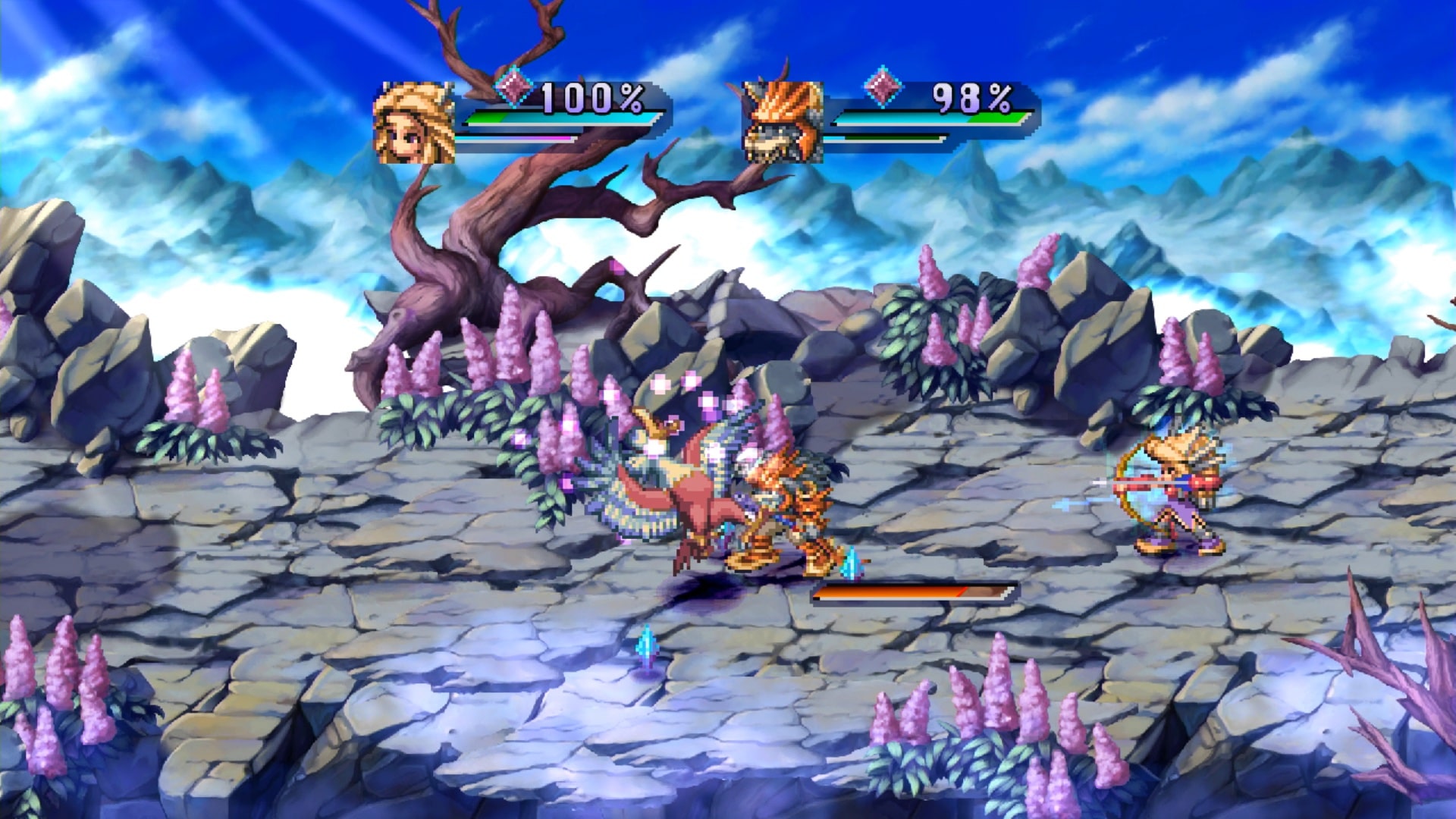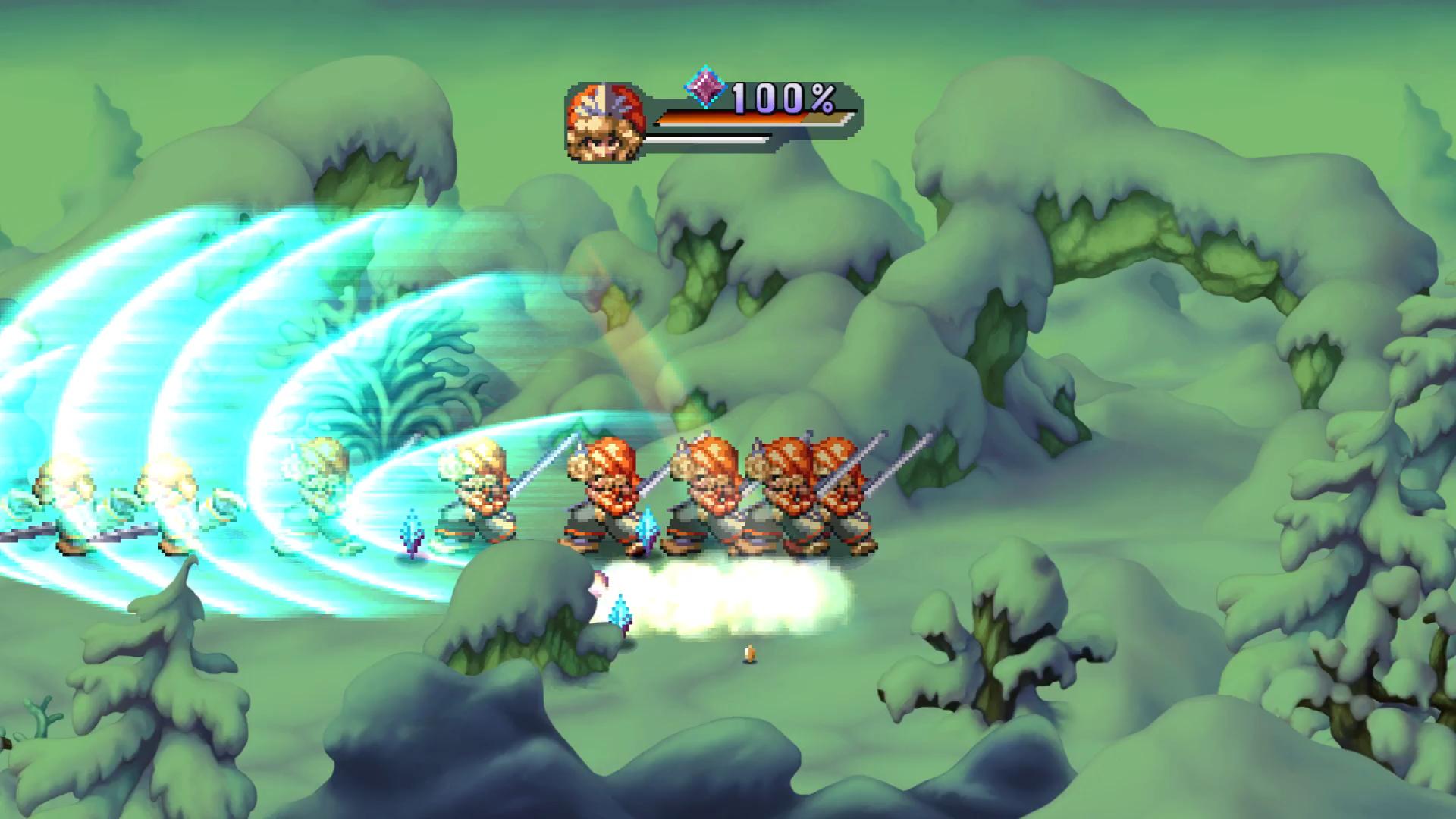


Gameplay is much the same in its structure, which is to say that it’s often hard to grasp and poorly explained, but not necessarily low quality. That’s not to say the storytelling is weak, however, as topics like love, war, genocide, and persecution are all explored in ways that can be shockingly hard-hitting. And while you can tease out a ‘main’ quest over time, it’s so esoteric and airy that it could hardly be described as gripping. Legend of Mana plays more like a collection of loosely connected fairytales all set in the same world, connected to each other in various thematic ways. If you come into this expecting a typical RPG story (or even a ‘normal’ story in general), you’re going to be sorely disappointed.
#Switch legend of mana series
Broadly speaking, there are three ‘arcs’ to the story, but they can be experienced in any order you choose and are each comprised of a series of sidequests that can also be played in a very loose order.Ĭonsidering this non-linear approach, it’s certainly advised that you approach Legend of Mana with an open mind. The story goes that the legendary Mana Tree burned down centuries before the events of Legend of Mana and the world of Fa’Diel was subsequently broken up into fragments called “Artifacts” which were then scattered. You begin as a nameless, self-insert character, and you’re tasked with effectively creating the world as you explore it. The narrative of Legend of Mana is… confusing, to say the least. Now, over twenty years later, and following on from 2019's Collection of Mana and the Trials of Mana remake the following year, Square has finally seen fit to bring this misfit classic back into the light, and while many aspects of it still hold up, it is unmistakably a very weird game. Legend of Mana-the fourth entry in the series-was one of the earliest to be localized, but it was met upon release with middling reception. Secret of Mana was widely considered one of the best RPGs of its time and even today carries quite a bit of clout, but many of the other titles either didn’t get localized or arrived overseas years after their initial release.

It’s interesting to see how the Mana series has been treated over the years, both by Square and the general public.


 0 kommentar(er)
0 kommentar(er)
